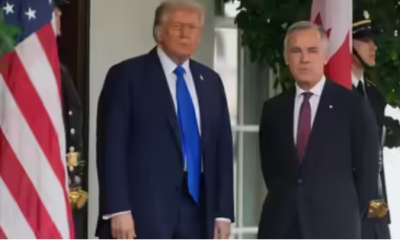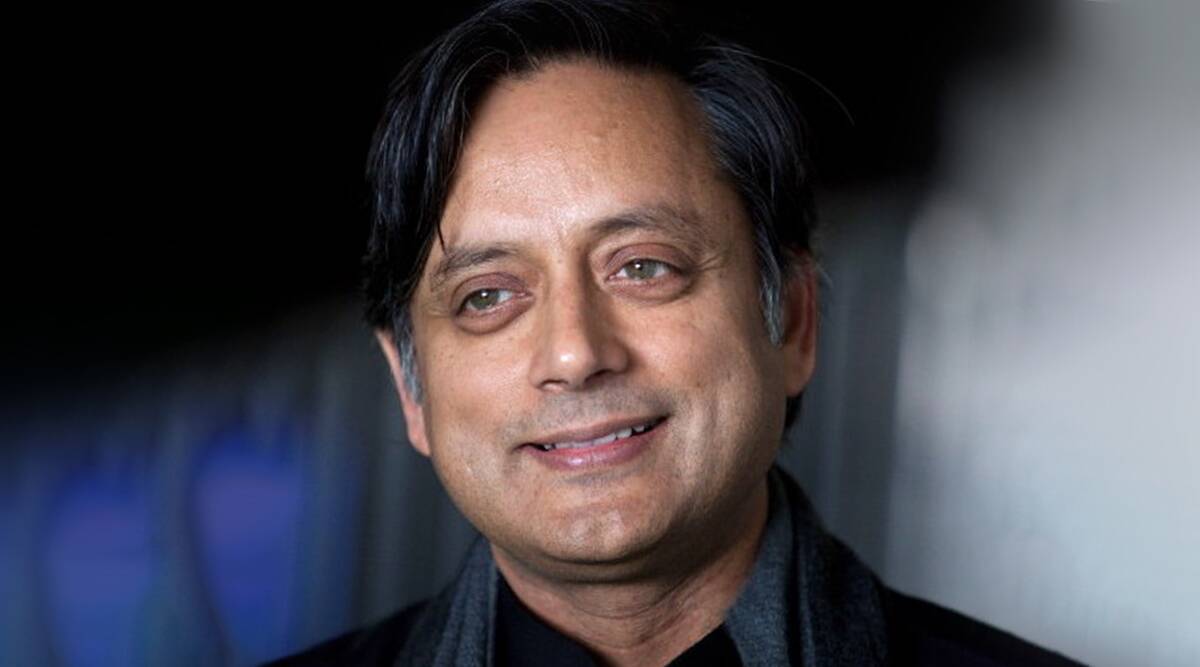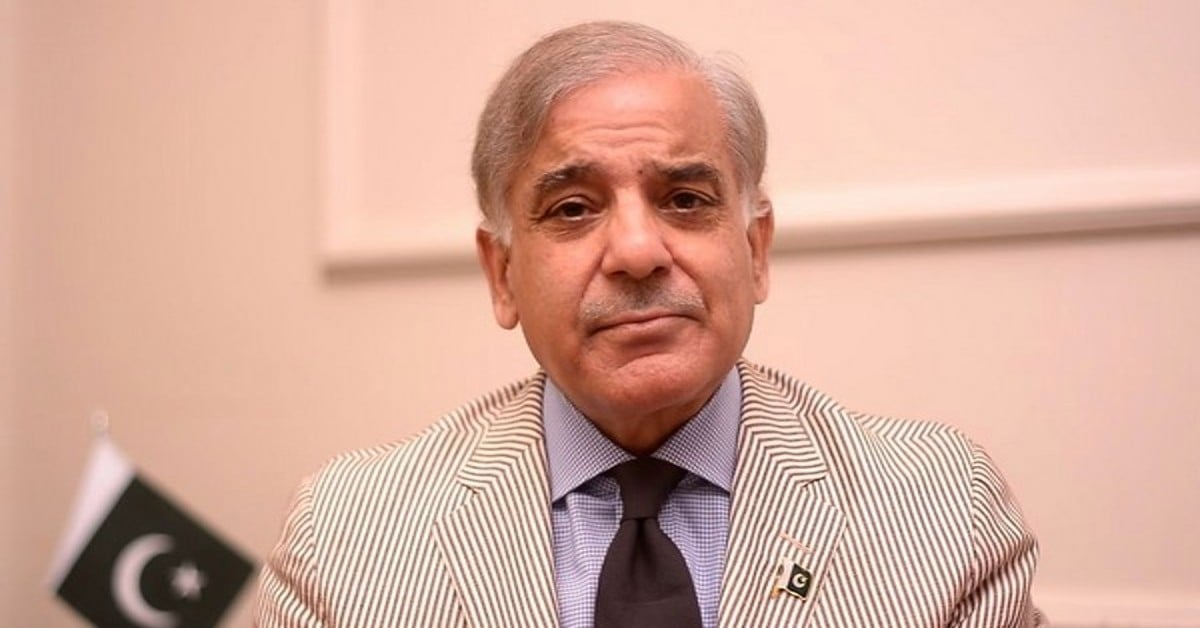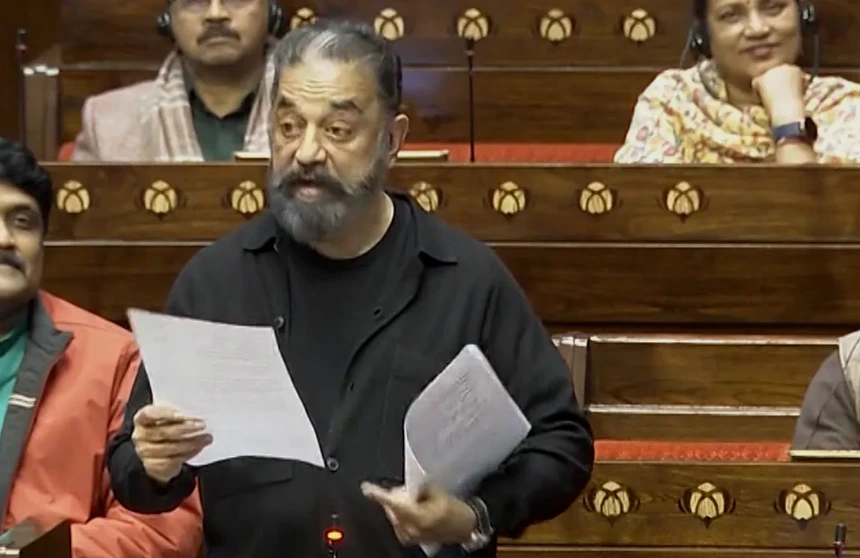[vc_row][vc_column][vc_column_text]US embassy in New Delhi distributes Department of State statement
US administration has expressed “deep concern” on the release of designated terrorist: Lashkar-e-Taiba chief and founder of Jamaat-ud-Dawah Hafiz Saeed by Pakistani authorities and asked Islamabad to ensure his re-arrest and slap charge for his crimes.
In a swift reaction, a statement issued by US State Department spokesperson Heather Nauert and distributed by the US embassy in Delhi on Friday said, “The United States is deeply concerned that Lashkar-e-Tayyiba (LeT) leader Hafiz Saeed has been released from house arrest in Pakistan. LeT is a designated Foreign Terrorist Organization responsible for the death of hundreds of innocent civilians in terrorist attacks, including a number of American citizens. The Pakistani government should make sure that he is arrested and charged for his crimes.”
Earlier, India had slammed Pakistan for its decision to release Mumbai attack mastermind who was under house arrest for ten months. Ministry of External Affairs spokesperson Raveesh Kumar said that it is evident that Pakistan has not “changed” its policy of shielding and supporting the non-state actors.
The review board of Lahore High court had recently refused to accept Pakistan government’s plea to extend Hafiz Saeed’s house arrest saying his release will enhance tension with India. The court said that government has failed to provide enough evidences against Saeed.
Following the 26/11 Mumbai terror attack in which six American citizens were also killed the US Department of the Treasury designated Saeed as a Specially Designated Global Terrorist.
The State Department statement said, “Saeed was also individually designated by the United Nations under UN Security Council Resolution 1267 in December 2008 following the November 2008 Mumbai attack in which six American citizens were killed. LeT and several of its front organizations, leaders, and operatives remain under both State Department and Treasury Department sanctions. Since 2012, the United States has offered a U.S. $10 million reward for information that brings Saeed to justice.”
US President Donald Trump, while introducing his administration’s new Asia policy in August this year, said that Washington could “no longer be silent about Pakistan’s safe havens for terrorist organisations.”
He further said, “We have been paying Pakistan billions and billions of dollars, at the same time, they are housing the very terrorists we are fighting … that must change immediately.”
The US reaction came hours after Saeed’s release from house arrest in Lahore. In an expected move after his release, Hafiz Saeed addressed his followers during Friday prayers at the JuD headquarters warning Pakistan government against taking “dictation from foreign masters” to appease India.
The Dawn report says that Hafiz Saeed accused India of “funding and fueling terrorism and extremism in Pakistan” and claimed that evidences were available to substantiate this.
Saeed further emphasised, “Ousted Prime Minister Nawaz Sharif has been punished for forsaking Kashmiris. Sharif is ousted from the prime minister house because he committed treason with Kashmiris. He wanted friendship with India and completely ignored the Kashmir cause,” he asserted.
Saeed vowed to gather people’s support throughout the country for the “cause of Kashmir” and try to help Kashmiris get their “destination of freedom”. He also warned ruling Pakistan Muslim League (N) against bowing before the international community for loans and said, “The rulers must not take dictation from the US and other countries and take its own decisions.”
Meanwhile, in New Delhi, Ministry of Home Affairs said on Friday that Saeed’s release and his comments on Kashmir before November 26 anniversary of Mumbai terror attacks were nothing but re-articulation of the agenda of terrorists who have “thrived” across the border.
New Delhi has reiterated that Jammu and Kashmir “is and will remain an integral part” of India and said that such utterances by terrorists have been given an appropriate response on the ground every time by the law enforcement agencies and the people of the state.
According to a report published in Dawn on Monday, in response to a question about India’s reaction on the release of Hafiz Saeed, the spokesperson of Pakistan’s Foreign Office said in Islamabad that Pakistan remains committed to the implementation of UN Security Council 1267 sanctions regime and has taken several steps in this regard. He took exception to India’s self-serving insinuations. However he avoided to elaborate.[/vc_column_text][/vc_column][/vc_row]


 India News23 hours ago
India News23 hours ago
 Latest world news9 hours ago
Latest world news9 hours ago
 Cricket news9 hours ago
Cricket news9 hours ago
 Latest world news8 hours ago
Latest world news8 hours ago
 India News5 hours ago
India News5 hours ago
 India News10 mins ago
India News10 mins ago












